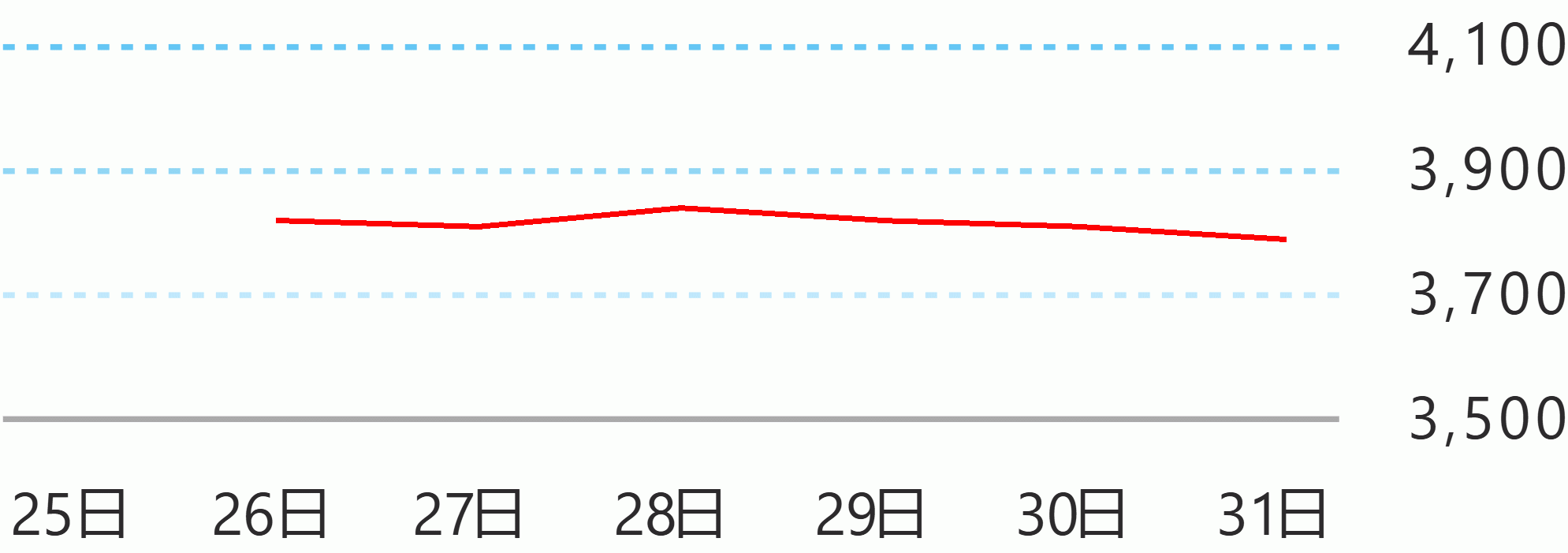The Asian Development Bank (ADB) has approved a $400 million loan to help the Philippines reduce hunger, food insecurity, and poor nutrition amid escalating climate and disaster risks.
The Reducing Food Insecurity and Undernutrition with Electronic Vouchers Project will support the government in expanding its new flagship social assistance initiative, the Walang Gutom (Zero Hunger) Food Stamp Program.
The project will help finance the delivery of monthly electronic food vouchers to 750,000 food-insecure households nationwide.
“With nearly half the Philippine population unable to afford a healthy and nutritious diet, food vouchers are essential to help poor and vulnerable households meet their nutritional needs,” said ADB Deputy Director General for Southeast Asia and concurrent Country Director for the Philippines Pavit Ramachandran.
“This project reflects ADB’s commitment to improving food security and nutrition so that all Filipinos can thrive.”
Poverty and food insecurity contribute to undernutrition. Nearly 30 percent of Filipino children under the age of 5 are stunted, reflecting long-term nutritional deficiencies that impair learning, health, and future productivity.
Childhood undernutrition is estimated to cost the economy $8.5 billion annually, underscoring the urgent need for targeted multisector solutions.
Compounding the risk of food insecurity and malnutrition is the country’s high vulnerability to disasters.
Cofinancing the project are the Agence Francaise de Developpement (AFD) with a loan of 200 million euros ($220 million) and the OPEC Fund for International Development with a loan of $150 million.
ADB provided technical assistance to the Department of Social Welfare and Development to pilot the delivery of electronic vouchers in five locations from December 2023 to July 2024 in partnership with the World Food Programme. Insights from a rigorous impact evaluation of the pilot informed the project design. ADB





 English
English











